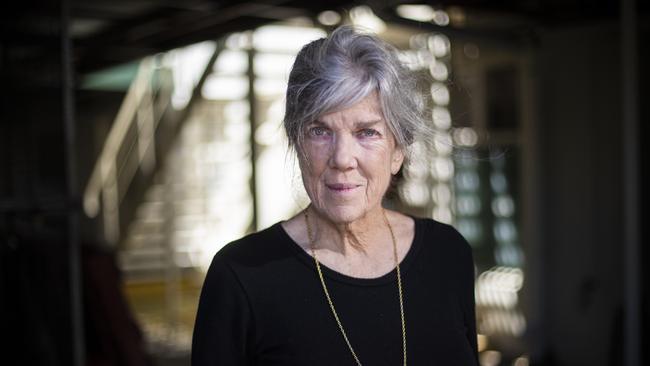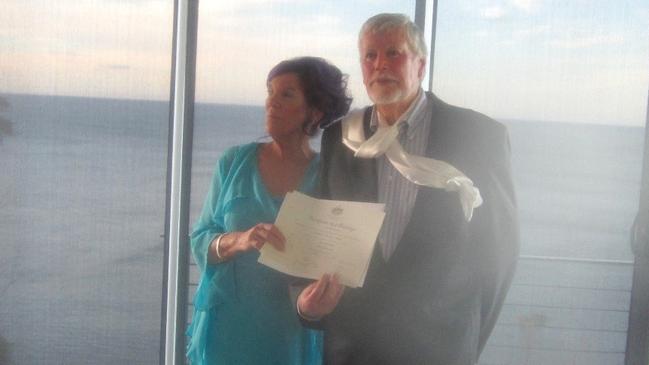Aged-care resident felt like ‘a slab of meat in abattoir’
A deceased nursing home resident’s royal commission submission tells of his experience in care.

A Tasmanian nursing home resident has described his experience in care as akin to being treated like “a carcass in an aged-care abattoir ready to be processed like a slab of meat”.
Before he died in August, Brian Harvey made a submission to the aged-care royal commission outlining concerns about his care at the Yaraandoo Hostel, one of two centres owned by Southern Cross Care being examined by the commission this week.
READ MORE: Almost 200 nursing homes on brink | Aged care ‘worse in the bush’ | Be ashamed, our elderly deserve better | Aged care: sorry truth ‘diminshes’ our nation
In what counsel assisting the commission Paul Bolster described as an “eloquent and moving human account” of life at Yaraandoo, Mr Harvey, a former high-level public servant, said he had lost count of how often he had been left alone on a toilet waiting for help, sometimes for as long as 90 minutes.
“Equally distressing experiences have involved lengthy delays waiting to be transferred from bed to toilet, often with degradingly humiliating results,” he wrote. “When neglected like that, I feel I have been dehumanised, left as a carcass in an aged-care abattoir ready to be processed like a slab of meat in a sausage processing factory.”
Sitting in Hobart, this week’s evidence will focus on three Tasmanian nursing homes, two run by not-for-profit Southern Cross Care — Yaraandoo and Glenara Lakes — and the other being Bupa South Hobart.

Senior counsel assisting the commission Peter Rozen QC said each centre had been the subject of adverse findings by the Aged Care Quality and Safety Commission, or its predecessor the Aged Care Quality Agency. All had reduced staffing in the months before the finding.
“Of particular concern was the finding that Bupa South Hobart met only four of the 17 health and personal care expected outcomes,” he said.
“As was the case with Southern Cross Care, Bupa had reduced its staffing numbers, particularly the number of registered nurses, in the previous 12 months. The evidence will be that this was a cost-cutting exercise.”
Mr Harvey’s widow, Ellie Valier, told the commission her husband had been a distinguished public servant, working in significant roles in the Department of Foreign Affairs, and as head of the Petroleum and Minerals Authority, before they moved to Tasmania on his retirement in the early 1990s.
While his care at Yaraandoo was sporadically good, there were times, particularly after hours and on weekends, where the standard fell away, and she had to play an active role advocating within the centre for his care.
On some weekends, when he needed help, Ms Valier said she had to walk around for 30 minutes or more to find someone to help. Bringing this concern to the facility manager, the advice to her was “to keep walking”.




To join the conversation, please log in. Don't have an account? Register
Join the conversation, you are commenting as Logout